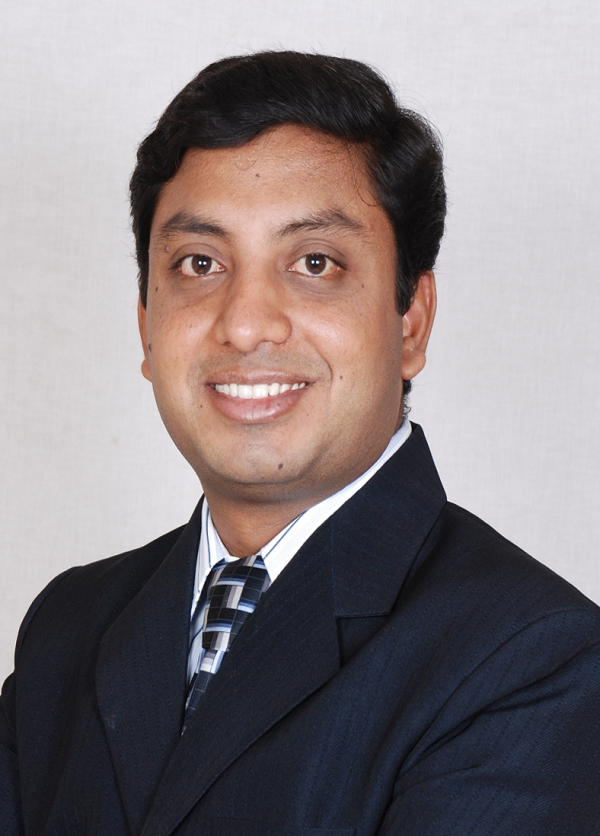Need for Polytrauma Rehabilitation Centers
Published on December 14, 2021
Dr Vijay Janagama, Director, New Initiatives, HCAH SuVitas

India loses more than a lakh lives in road traffic accidents every year and there are disturbing facts that effect families involved in it. As formalized official trauma registry and coordinated trauma care system just emerging it is vital to record the burden it leaves behind including death and disabilities, the social and economic losses. It is pivotal to acknowledge the need to establish a mature trauma care system by focusing on prevention strategies and setting up Polytrauma rehabilitation centers across the country.
What is Polytrauma?
Polytrauma refers to a condition where a patient undergoes two or more significant injuries such as a serious head injury along with a leg fracture. Road Traffic Accidents (RTA) is often the most prominent reason behind polytrauma. Since RTAs mostly occur at high velocities, multiple injuries are prevalent. Thus, immediately after being admitted to a hospital, the patient goes through clinical examination and several tests like X-ray or CT scans or many others as required to look for or overrule any life-threatening injuries. Polytrauma also results from multiple other reasons like falls, or gunshot or blast injuries.
While different types of injuries can combine together to result in the development of polytrauma in patients, some of the mostly seen injuries are brain injuries, fractures, psychological disturbances, burns, internal injuries etc.
Polytrauma Rehabilitation
Polytrauma is mostly associated with brain injury and or severe physical impairments. It could also cause dysfunction to uninjured organs in individuals, putting them at higher risks of morbidity and mortality than if they had sustained a single injury. Beyond physical impairments, polytrauma is always associated with disabilities at psychological, emotional and cognitive level. Therefore, in order to maximize the quality of life of patients who sustained polytrauma injuries, a comprehensive and specialized multidisciplinary care is required. Polytrauma Rehabilitation is the systematized form of treatment offered mostly as inpatient care to regain functional independence in patients, preventing further complications and helping them recover holistically to complete health.
Rehabilitation is always the longest, but one of the important phases of any recovery journey. Therefore, it is important to have a specialist right next to you in this phase helping to set defined, realistic goals that could be adjusted to your individual capabilities and conditions. Thus, Polytrauma rehabilitation takes a step beyond acute injury management to re-integrate a trauma survivor back to his/her community.
What does the Polytrauma Rehabilitation Programme Comprise?
Some of the most important aspects that will be essentially covered in a Polytrauma Rehabilitation programme include medical monitoring of traumatic brain and spinal cord injuries, prolonged immobilization due to amputation, pain management and emotional counseling. Physiotherapy and Occupational therapy will form other integral components of the treatment plan. However, if not handled with appropriate care these could also cause emotional distress in patients.
Recognition of the new set of limitations a patient needs to battle with as a result of amputation or other physical impairments caused by the accident, will cause frustration and emotional breakdown. Most polytrauma patients are at higher risk of developing posttraumatic stress disorder (PTSD). Therefore, as important as the treatment methodologies, it is imperative to have a compassionate team to identify strategies to support the individual. Counseling sessions should be conducted for the caregiver of the patient too so that they can actively contribute to the recovery process.
The following are specialists who are primarily involved in the multidisciplinary team of a Polytrauma Rehabilitation Centre:
• Physician
• Physical Therapist
• Occupational Therapist
• Rehabilitation Nursing
• Psychologist
• Speech and Language Therapist
• Nutrition
• Recreation Therapist
• Other alternative/consultative services as needed
Trauma is one of the leading causes of disability among adults of working age in the country. Lack of awareness of systematic modes of recovery is a key reason for this menace. People suffering from moderate to severe disability as a result of RTAs can be brought back to their active lives through organized rehabilitation programmes at Polytrauma Rehabilitation Centers




















